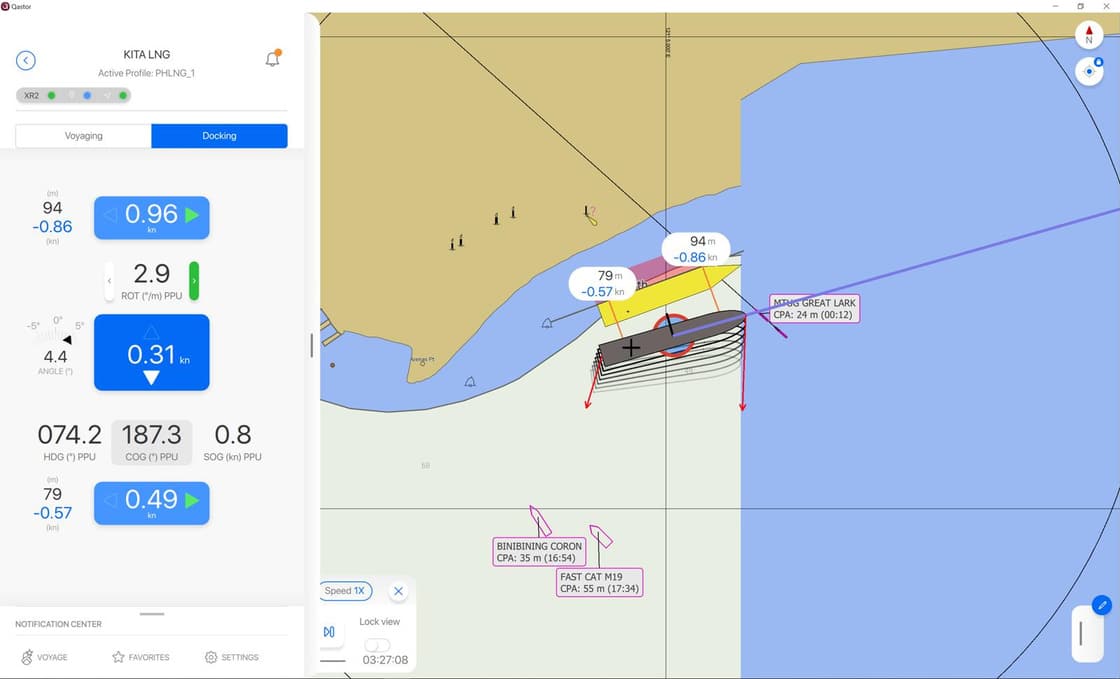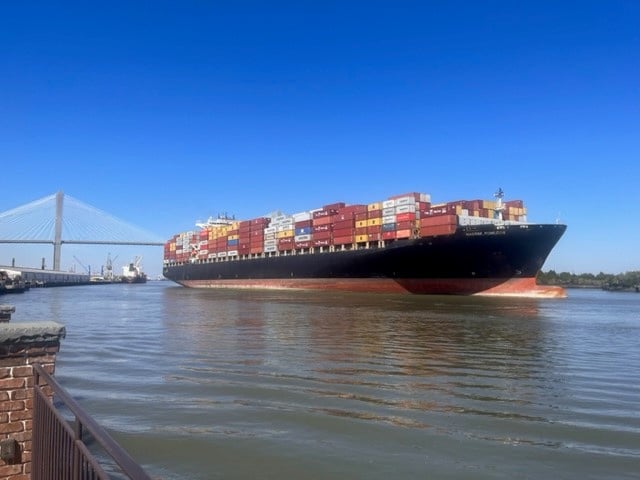1.Introduction
The global maritime industry is not just a facilitator of international trade and connectivity; it is its very lifeblood. Encompassing shipping, logistics, and port operations, this sector is the cornerstone of global commerce. However, this industry faces unique challenges and risks, from accidents at sea to environmental concerns. This white paper elucidates the paramount role of maritime standardization in addressing these challenges and fostering the growth and sustainability of the industry.
2.Safety at Sea: Mitigating Risks and Enhancing Resilience
Safety in maritime operations is non-negotiable. Standardization in this context serves as the bedrock for uniform safety measures and protocols governing vessels and maritime operations. By adhering to standardized practices, the industry can substantially reduce the occurrence of accidents, incidents, and environmental disasters. This not only guarantees the safety and well-being of crew members, passengers, and marine ecosystems but also strengthens the industry’s resilience. Through standardization, safety becomes a culture, ingrained in every aspect of maritime operations.
3.Interoperability and Compatibility: Fostering Efficient Maritime Operations
The maritime industry is a complex web of vessels, equipment, and systems. Harmonized standards promote interoperability and compatibility among these diverse elements. This seamless integration streamlines maritime operations, facilitating efficient communication and collaboration between vessels, ports, and maritime authorities. Such cohesion enhances operational efficiency and, in turn, the industry’s competitiveness. Vessels can seamlessly dock at ports worldwide, and authorities can swiftly respond to emergencies with standardized procedures in place.
4.Global Trade and Connectivity: Enabling Smooth Flow of Goods and Services
At the heart of maritime standardization is the promotion of international cooperation. Standardization reduces trade barriers, creating a level playing field within the maritime sector. By doing so, it fosters global trade, stimulates economic growth, and fortifies international partnerships. Standardized practices ensure that all stakeholders, regardless of their location, adhere to the same operational norms, promoting consistency and trust. For businesses involved in global trade, this consistency is the bedrock upon which reliable supply chains are built.
5.Environmental Protection: Towards Sustainable Shipping Practices
In an era of heightened environmental awareness, maritime standards encompass guidelines for eco-friendly technologies and sustainable shipping methods. The industry’s adoption of these practices can substantially reduce its environmental impact, thus contributing to marine conservation and addressing the pressing issue of climate change. Environmental responsibility is not just a regulatory requirement but also an ethical commitment. Through standardization, the maritime industry takes a proactive stance in preserving our oceans for future generations.
6.Legal Compliance: Upholding Responsible Maritime Conduct
Standardization often provides the foundation for international and national regulations. Adherence to standardized practices ensures compliance with relevant legal requirements, reducing the risk of penalties and fostering a culture of responsible maritime conduct. It serves as a compass guiding the industry towards ethical and lawful behaviour. By adopting standardized practices, companies not only avoid legal pitfalls but also demonstrate their commitment to upholding international law and ethics.
7.Cost Efficiency: Optimizing Resources and Enhancing Competitiveness
Efficiency is the lifeblood of any industry, and maritime operations are no exception. Standardization streamlines processes, minimizes redundancies, and optimizes resource utilization, leading to cost savings and improved operational efficiency. Common practices and protocols simplify training and maintenance procedures, ultimately maximizing the industry’s cost-effectiveness. By reducing operational costs, maritime businesses can remain competitive in a dynamic global market.
8.Risk Management and Insurance: Lowering Risks and Improving Insurability
Insurance is a critical component of risk management in the maritime industry. Adhering to established safety and operational standards significantly influences insurance policies and premiums. Companies that prioritize standardization are perceived as lower-risk entities by insurers, resulting in more favourable insurance terms. This not only reduces financial risks but also promotes financial resilience within the industry. A commitment to safety and standardization translates directly into more stable and affordable insurance coverage.
9.Public Confidence and Reputation: Enhancing Industry Image and Trust
In a world where reputation and trust matter, maritime standardization enhances the industry’s image. By demonstrating a commitment to safety, sustainability, and professionalism, the industry instils confidence in passengers, shippers, and the general public. This solidifies the industry’s position as a reliable and responsible global player. Public trust is a cornerstone for long-term success. When the maritime industry stands as a beacon of safety and responsibility, it becomes the preferred choice for all stakeholders.
10.Conclusion: Paving the Way for a Safer, More Efficient, and Sustainable Maritime Future
In conclusion, maritime standardization is not a mere regulatory exercise; it is a strategic enabler that underpins the growth and resilience of the global maritime industry. By recognizing the paramount importance of standardization, stakeholders in the maritime domain can collaboratively forge a safer, more efficient, and sustainable maritime future for generations to come. The maritime industry stands at a crossroads, and standardization is the compass guiding it towards prosperity and responsibility.
Author: Henry Fatiaki
Date: 24/09/2023
Organization: MARPAC SOLUTIONS PTY LTD

